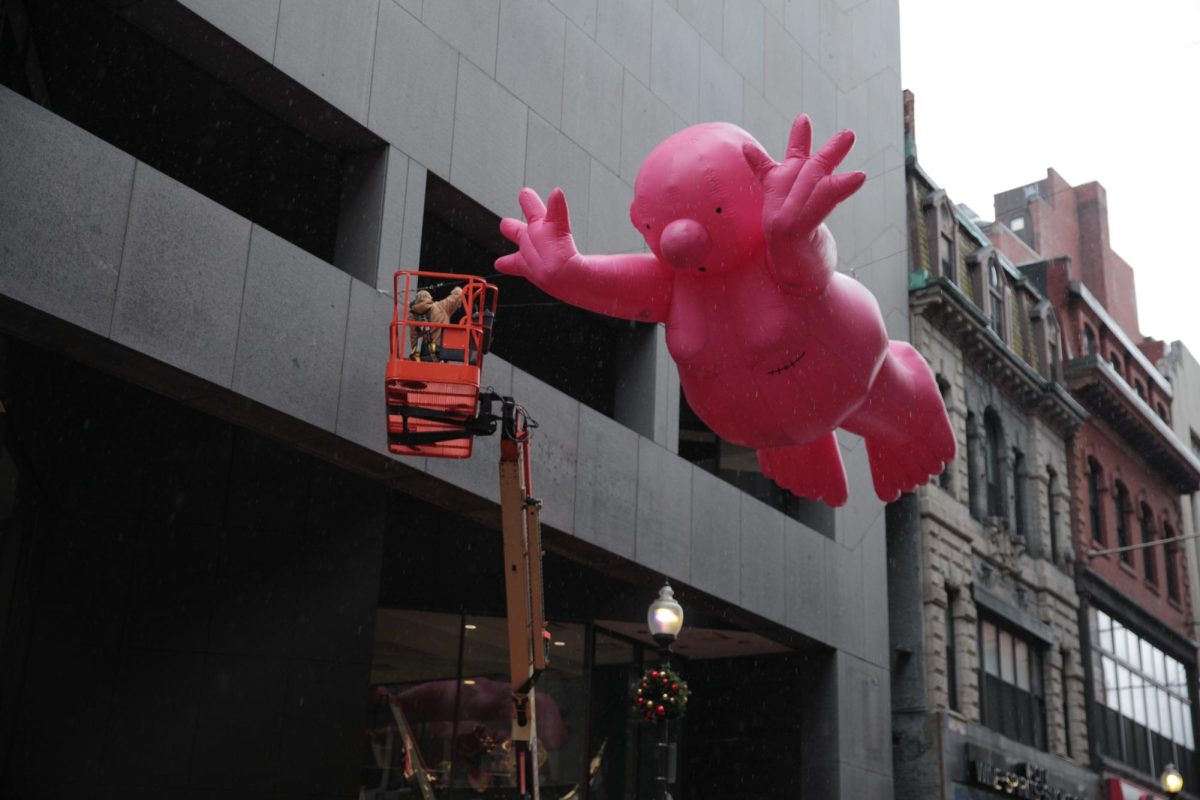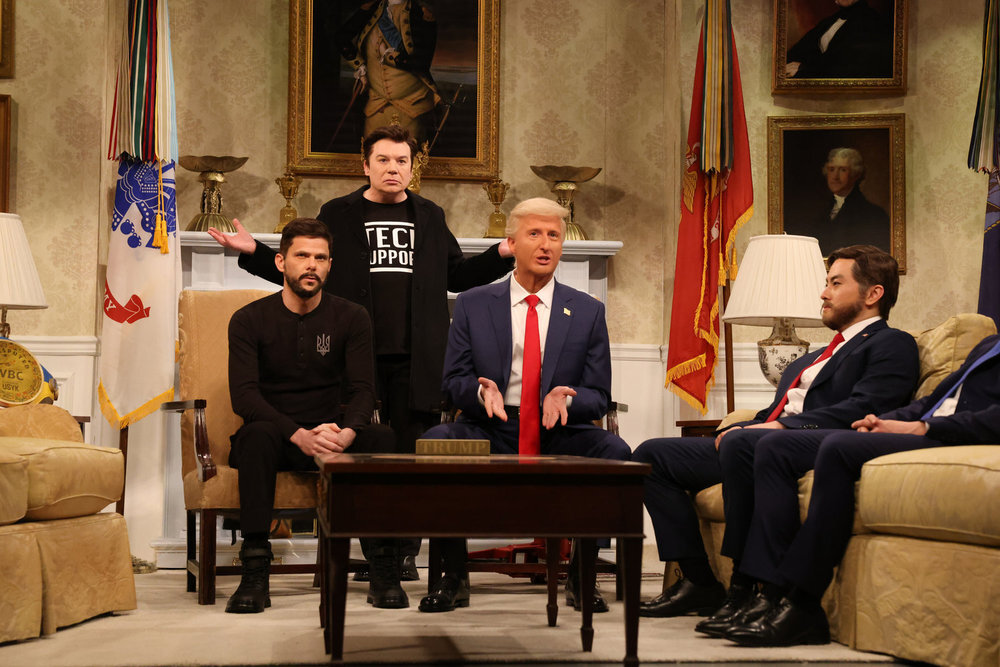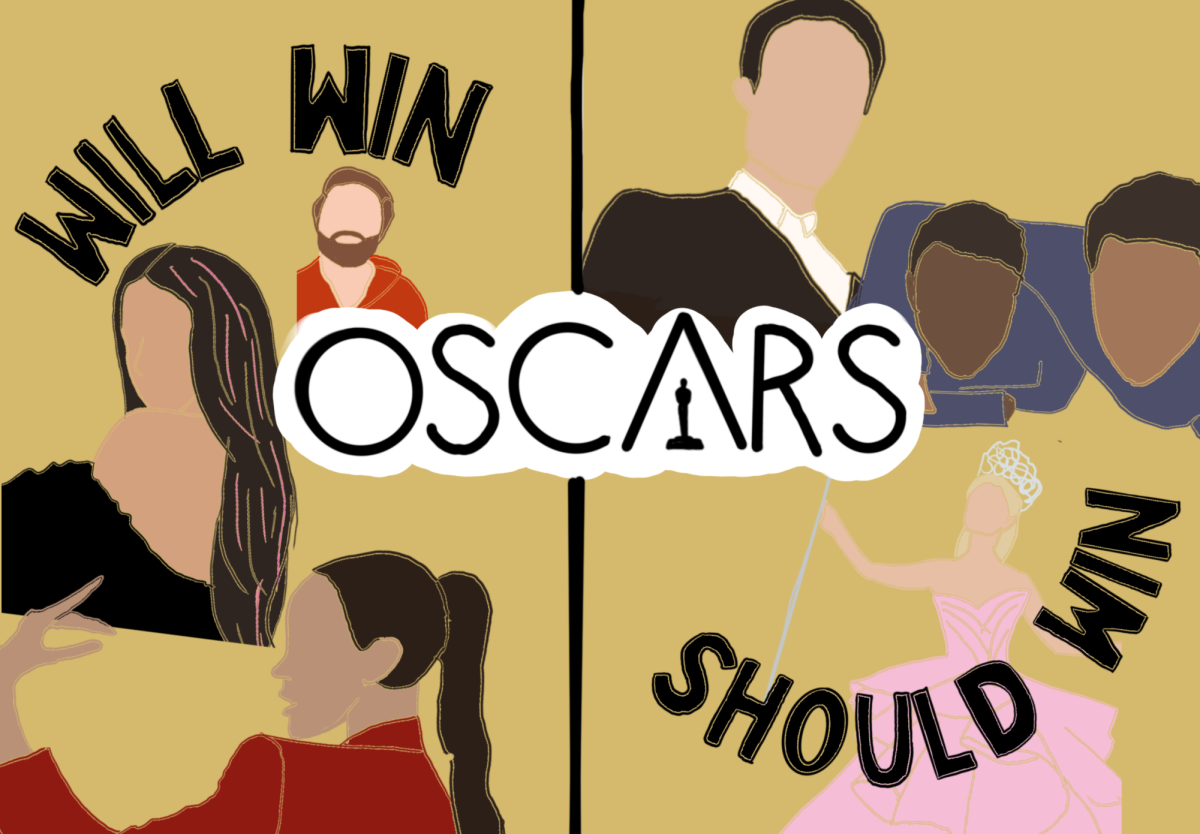
By Gwen Schanker, News Correspondent
On Nov. 10 at 8 p.m., the Fenway Center will be transformed into the site of a horrific hate crime. Making use of homemade wooden set pieces and artistic lighting, Northeastern’s theater and social activism combination group, Acting Out, will present “The Laramie Project,” a show that has sparked significant discussion on a variety of social issues, primarily gay rights. Both the cast and executive board are excited about the upcoming show and the impact it will have on the audience.
The show is a real-life portrayal of the characters involved in the murder of Matthew Shepard, a gay college student who was brutally killed in 1998 in Laramie, Wyoming. The show is essentially a compilation of interviews with the inhabitants of Laramie, all of whom were deeply affected by the crime. Acting Out’s production of the show contains eight actors, who will each portray several of the show’s 64 characters, in addition to one narrator.
“Matthew was a college student, [and his attack] happened in the 1990s when we were all alive, [so it’s] still relevant today. [We] wanted to pick something that people could relate to and feel moved by,” middler communications major Connor Doherty, who acts in the show, said.
The show fits perfectly with Acting Out’s mission to “promote relevant social change through theater,” Acting Out President Matt LaBroad said.
Margaret Barry, a middler criminal justice major, plays Reggie Fluty, the first respondent to Matthew’s murder, as well as other, smaller parts in the show.
“[The show was chosen because] it focuses on a lot of issues, not only LGBT rights but also religion and social justice,” she said.
The Westboro Baptist Church, known for its extreme ideologies–especially against gay rights–has been known to protest productions of “The Laramie Project” around the country. Representatives from the church also picketed at Matthew Shepard’s funeral.
According to LaBroad, a senior economics major, the group selected “The Laramie Project” for the broader issues it speaks to, as well as the specifics of gay rights.
“It uses the issue of gay rights as a vehicle to talk about the larger topic of how the community [deals with] violent acts, especially when those acts come from within the community,” he said. “I think the show does a good job of presenting the characters without any judgment—it’s a very truthful script.”
For the cast and crew, the past few months have been a flurry of late-night rehearsals and almost daily preparation for the performance.
Michelle Reichman, a first-year international affairs major who plays Romaine Patterson, a close friend of Shepard’s, spoke to the process.
“[It’s] pretty intense, but also very fun because we’ve been able to really bond with each other, and I think that makes for a stronger cast,” she said.
Regarding the impact of the show itself, Reichman noted that it adds some humanity to a crime that has none.
“All these people are human—they’re real, they’ve been interviewed,” she said. “I would want people to feel affected by that and understand why [something like this] could happen and why it should not happen.”
Doherty, who has several different roles in the play, including Dennis Shepard, Matthew’s father, has really enjoyed being a part of the show.
Doherty says the play has been an interesting challenge because “you don’t want to overact—you have to do justice to these real people, which is something you don’t usually have to worry about.”
He said he hopes that viewers will realize that the crimes that took place are things that could still happen today, things that people have to work to prevent.
“[I hope] it opens their eyes to what happened and how much or how little has changed since then, [as well as] what we can do to advance that progress and make society better for everyone,” Doherty said.
Immediately following the show, Acting Out will hold a short conversation with the audience, where they will ask a few leading questions about the topics raised in the play. However, LaBroad said that he hopes this conversation continues long after audience members get up to leave.
“The show is driven by social topics, which you think of as changing so quickly, but they’re still very relevant today,” he said. “I guess my biggest hope is that when people leave the Fenway Center, they’re still thinking about what was presented to them, and they’ll have those conversations with other people regardless of whether they were present or not.”









